With the recent introduction of a bill to parliament, that if passed, will insert 10 days of paid family and domestic violence (FDV) leave into the NES, there have been a lot of conversations around FDV leave. While conversations about leave provisions are valuable, in the Domestic Violence Service Management insights paper – it is indicated that:

- Approximately half of employees who responded to the survey did not know if their employer had a FDV policy
- The majority of employees experiencing DFV did not choose to disclose this to their employer
- Of the 34 per cent that did disclose, most disclosed to their manager or a colleague
- People who disclosed found it difficult to do so
- Fifty six per cent described the experience of disclosing with negative, mixed or neutral sentiments.
This tells us that even with the leave provision available, there will still be a lot of work organisations can do to support their employees.
While implementing workplace strategies to support those impacted by FDV can seem overwhelming, a good place to start is your Policy.
So what makes a good FDV Policy? |
|
| 1. | Currency |
| Check your FDV Policy is up to date and there is a governance process for regular review | |
| 2. | Awareness |
| Check that people across the organisation have been trained, are aware of the Policy and know where/how to access it | |
| 3. | Content |
| Does your FDV Policy include: | |
| – Access to information and external support, including information on how to get help where there are safety concerns | |
| – Easy to understand language that is well formatted (and printable for those who might want to download to give to a colleague or reference later) | |
| – A commitment statement that clearly states the position the organisation takes on FDV | |
| – A description of the different ways to seek assistance, ensuring these are simple and accessible | |
| – A broad outline of the types of support or arrangements that could be provided to help those experiencing FDV | |
| 4. | Feedback from those impacted by FDV |
| It is highly encouraged to seek direct feedback on the provisions and way your Policy is written from those impacted by FDV. This may be challenging when first launching the Policy if those within your organisation don’t feel confident to speak up, however as you build an environment of trust and support this will hopefully change. | |
Having a good, fit for purpose Policy is a great step forward in ensuring your organisation is ready to respond to FDV issues. Over the coming months, we will be publishing a series of articles that explore common issues organisations face when implementing policies and strategies supporting those impacted by FDV.
In the meantime, for support and resources, check out the below websites or contact us at Azuhr should you need any assistance in developing or refining your FDV Policy.
| Insight Exchange | 1800-RESPECT |
Amy Williams
Senior Consultant
Azuhr
+61 400 046 802
[email protected]
References
Experiences and perceptions of workplace responses to domestic and family violence (Sightlines Professional Services – Domestic Violence Service Management 2020)


